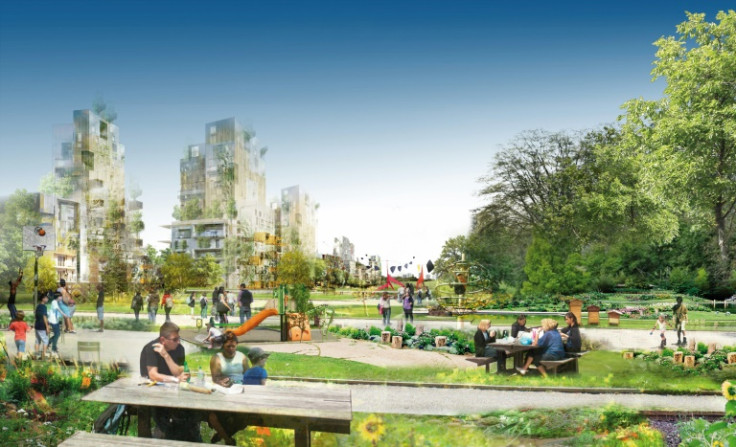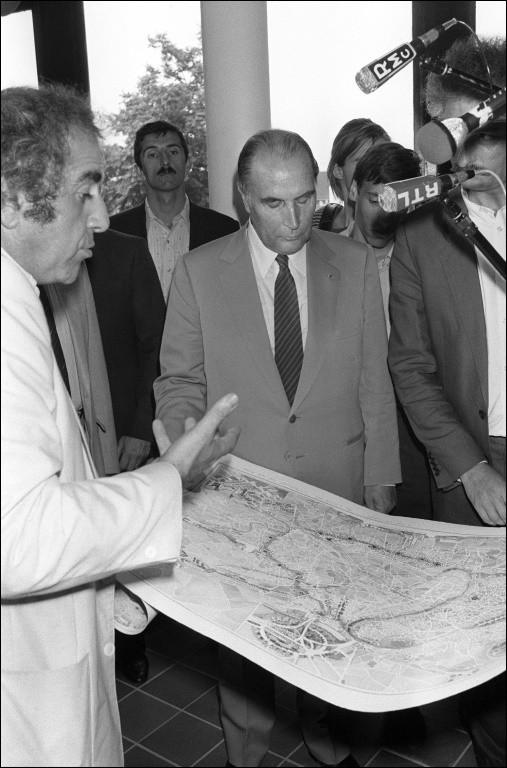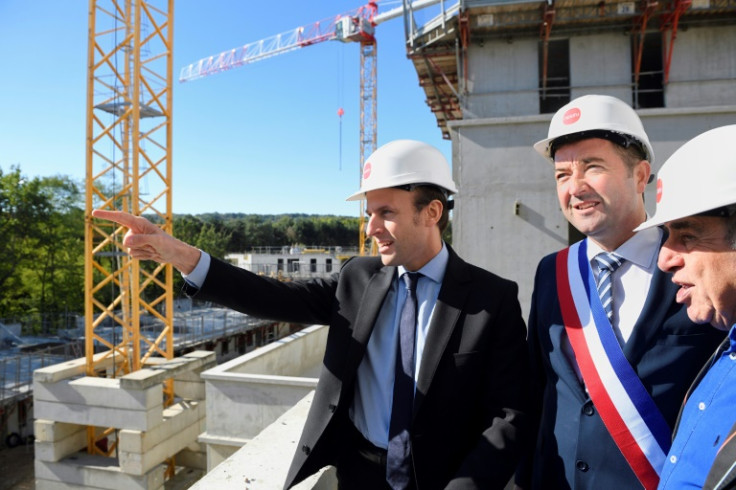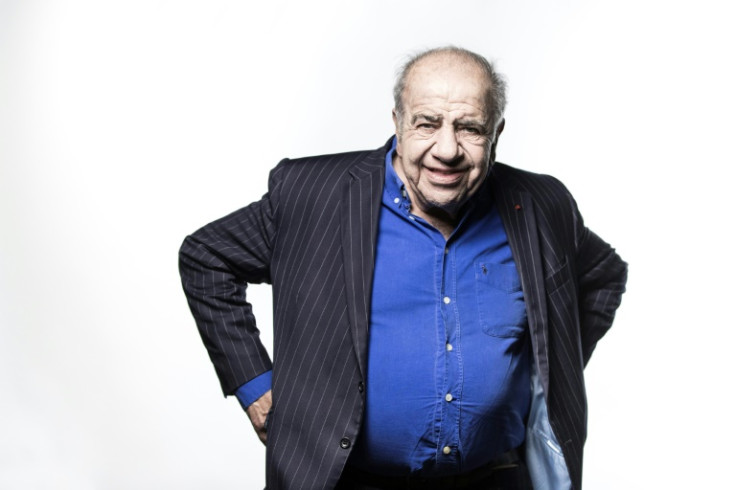French Utopian Architect Roland Castro Dies Aged 82

French utopian architect Roland Castro, a political activist who fought what he called "urban apartheid" and wanted to transform run-down housing estates into places people would actually like to live, has died aged 82, his daughter said.
"He passed away peacefully surrounded by lots of family in a Parisian hospital" on Thursday, his daughter Elisabeth Castro told AFP.
Famed for his short stature and sparkly green eyes, the idealist met Che Guevara in his youth, re-imagined a drab Paris suburb with its own leafy Central Park, and made an unsuccessful bid for president.
He believed that buildings were only a success "when they gave the person living in them a good impression of themselves".
He advocated for ending what he called "urban apartheid" between Paris and its poorer, high-immigrant suburbs.
"We need to build a Greater Paris based on solidarity, that means breaking the isolation of towns on the Paris outskirts, linking them up and renovating them," he said.
The architect wanted to build thousands of homes along a Central Park in La Courneuve, a multi-ethnic suburb of Paris that is home to one of the region's biggest low-income housing estates.
"We need to plant some beauty where there it is now mostly ugliness," he said in 2009.
He presented plans for a better Greater Paris -- including the long-dreamt Central Park -- to President Emmanuel Macron in 2018, but they never came to pass.
He did however contribute to improving some run-down housing estates on the Paris outskirts, including La Caravelle.
His designs often privileged the colour white, combined wood and concrete, and integrated lush green plants into facades.
Castro was born into a Jewish family in the southern city of Limoges in 1940 during World War II.
He spent the first years of his life with his parents in hiding to avoid deportation as France was under Nazi occupation.
Communists of the French Resistance helped keep them out of sight, and he later said that had left him with "an existential debt towards France".
He became a prominent figure in student protests that rocked France in 1968.
In the 1980s, he and urban planner Michel Cantal-Dupart set about "leading a revolution in the suburbs" to improve low-income housing.
Then president Francois Mitterrand gave him dozens of projects to work on, but the plans fizzled out due to lack of government funding.
The charismatic architect, who was often seen in a pin-striped suit, rubbed shoulders with French philosopher Jean-Paul Sartre.
In his youth, he also met Fidel Castro -- not a relative -- and Che Guevara on a trip to Cuba in 1961.
He founded his own party -- "The Movement for Concrete Utopia" -- and tried to run in the 2007 presidential elections, though he ultimately failed to garner enough backing.
He survived a bout of Covid-19 and still had plans in his 80s.
"I'm working like crazy at the moment," he told French newspaper Le Monde in December 2020.
Brazilian architect "Oscar Niemeyer died aged 104 and he was still working. I have time."



© Copyright AFP 2024. All rights reserved.





















